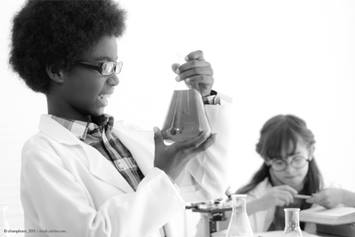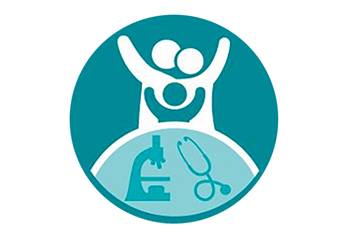
Pediatric Surgery Clinical Research
Clinical researchers at Nationwide Children's are committed to identifying new approaches for the prevention, diagnosis and treatment of childhood diseases, taking research discoveries from the lab to the patient's bedside.
Pediatric Surgery Clinical Studies
Studies Now Enrolling Participants
Help Researchers Learn About the Relationship Between Breast Milk and Necrotizing Enterocolitis
Researchers at Nationwide Children’s Hospital are studying the components of breast milk to see if it prevents or has an impact on the effects of necrotizing enterocolitis, a disease of the intestines that can cause babies to become critically ill.



